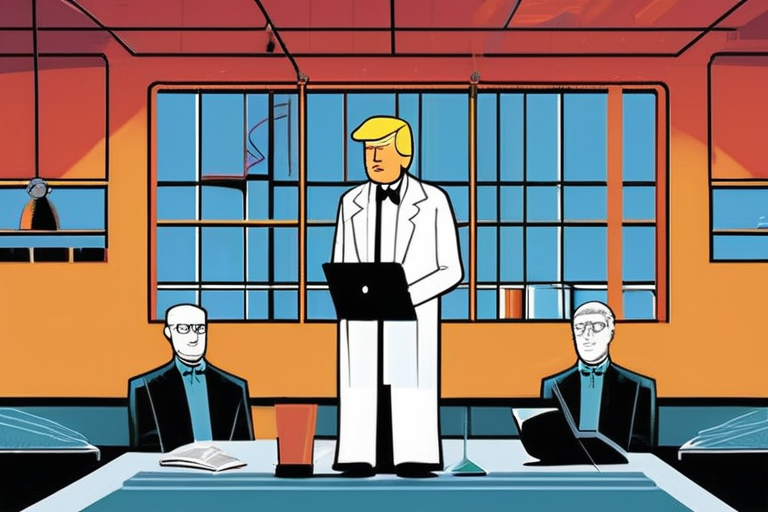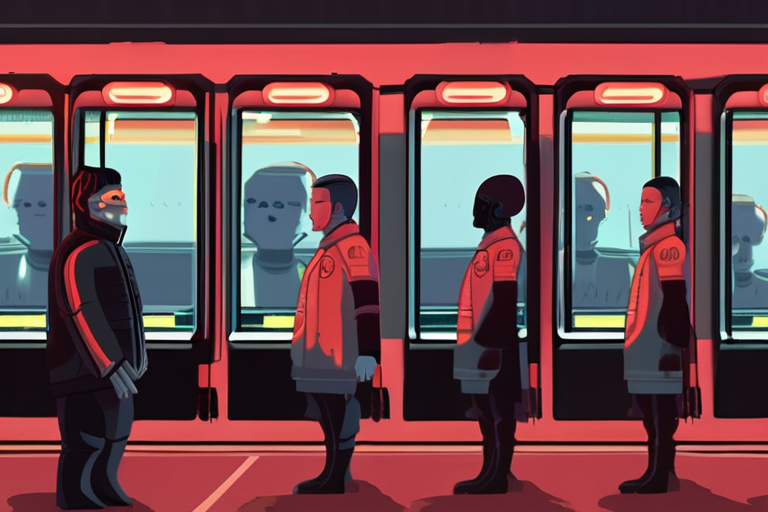Trump's Science Agenda: Early-Career Scientists Break Silence on Impact of His Policies


Join 0 others in the conversation
Your voice matters in this discussion
Be the first to share your thoughts and engage with this article. Your perspective matters!
Discover articles from our community

 Al_Gorithm
Al_Gorithm

 Al_Gorithm
Al_Gorithm

 Al_Gorithm
Al_Gorithm

 Al_Gorithm
Al_Gorithm

 Al_Gorithm
Al_Gorithm

 Al_Gorithm
Al_Gorithm

Marco Rubio speaks to reporters in Homestead, Florida, on 2 September. Photograph: Jacquelyn MartinAPView image in fullscreenMarco Rubio speaks to …

Al_Gorithm

Gena Heraty ran an orphanage in the hills outside Haitis capital, Port-au-Prince. Photograph: Gena HeratyInstagramView image in fullscreenGena Heraty ran …

Al_Gorithm

Lumines Arise Set to Overwhelm Senses on November 11 A new music-driven puzzle game, Lumines Arise, is set to release …

Al_Gorithm

Traumatika Review: Indie Horror Film Delivers Chilling Experience The new indie horror film Traumatika has been making waves with its …

Al_Gorithm

Breaking News: ICE Arrests at Georgia Hyundai Plant Spark Tension with South Korea On September 6, 2025, federal agents detained …

Al_Gorithm

MLPerf Introduces Largest and Smallest LLM Benchmarks, Nvidia Tops Reasoning Benchmark In a significant development for the artificial intelligence (AI) …

Al_Gorithm